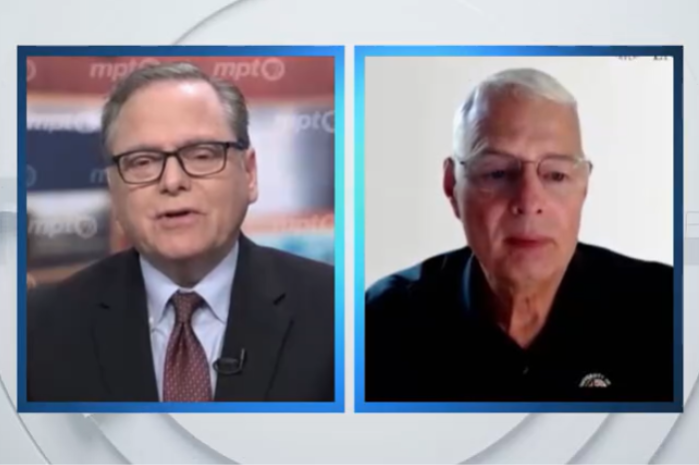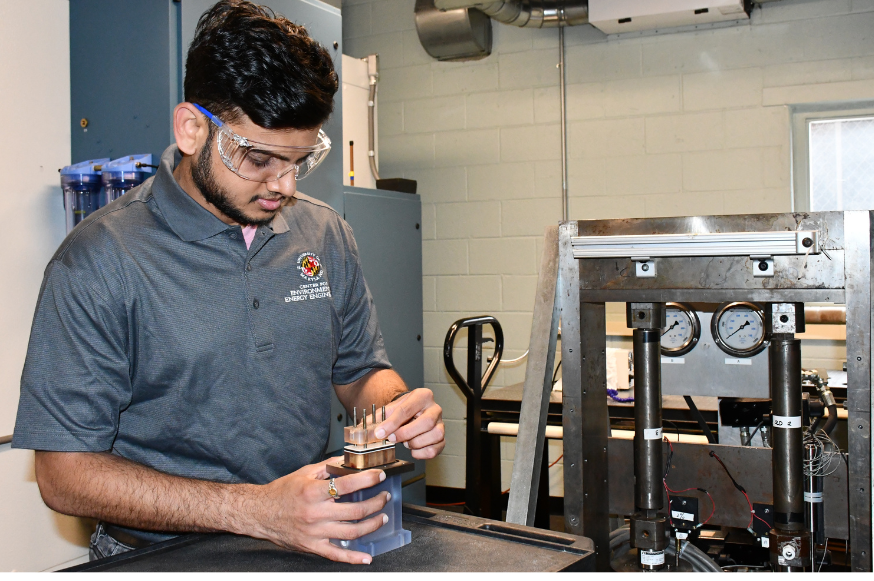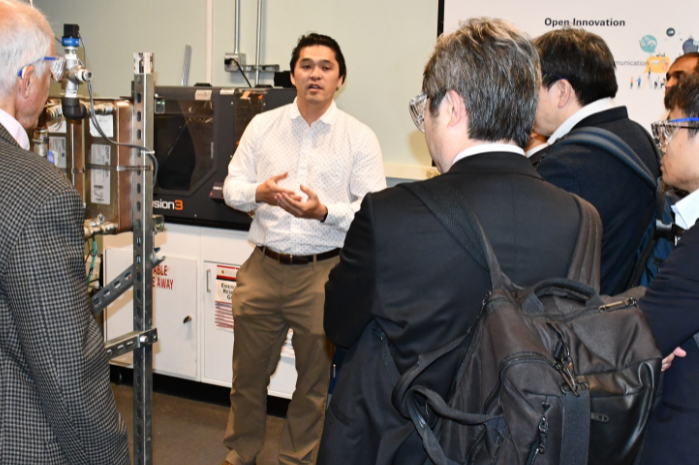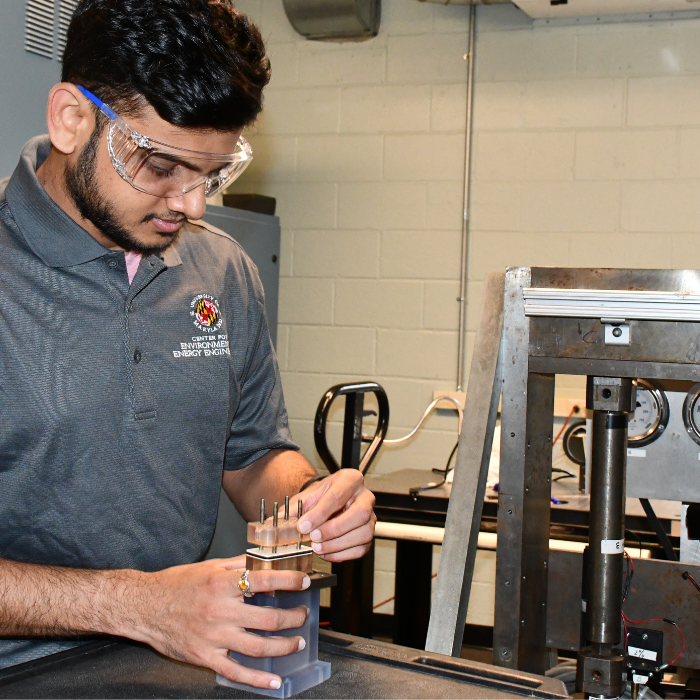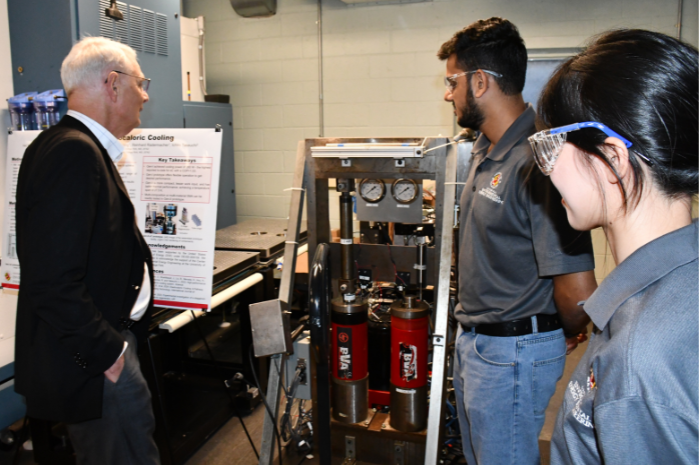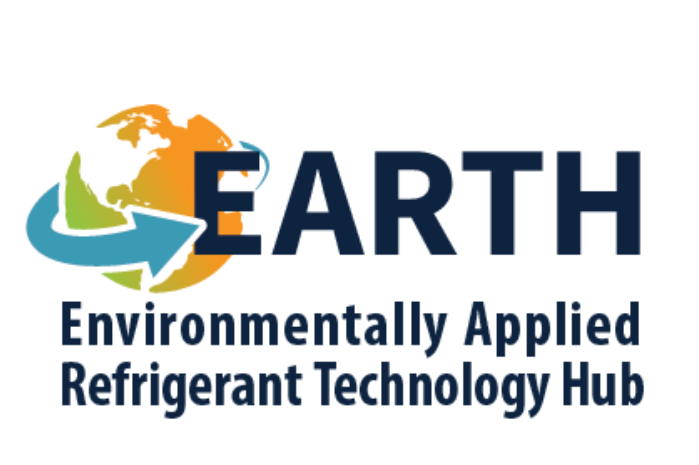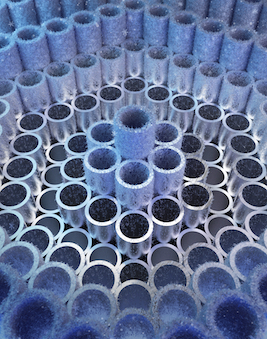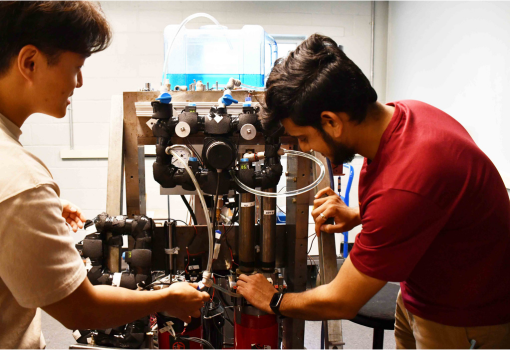News Story
Could Eco-Friendly Elastocaloric Cooling Be the Future of Air-Conditioning Technology?
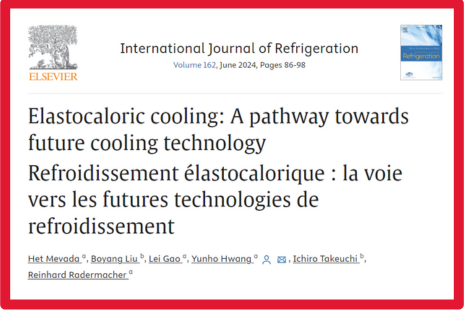
A research team from the University of Maryland’s Center for Environmental Energy Engineering (CEEE) presents elastocaloric cooling as an eco-friendly alternative to conventional compression systems in an article published in the June 2024 issue of the “International Journal of Refrigeration.” Because conventional chemical refrigerants contribute to global warming, researchers are looking toward solid-state refrigerants. Elastocaloric cooling is one of the most promising solid-state technologies.
In their article, “Elastocaloric Cooling: A Pathway Towards Future Cooling Technology,” the researchers note that the technology offers the “potential for energy savings and significant temperature lift compared to other solid-state cooling technologies.” Elastocaloric cooling takes advantage of the superelasticity of shape memory alloys that release heat when compressed and absorb heat when relaxed. The result is efficient cooling with zero direct global emissions.
The paper was written by a CEEE research team, including mechanical engineering doctoral students Het Mevada and Boyang Liu; postdoctoral research associate Lei Gao; CEEE director Reinhard Radermacher and co-director Yunho Hwang, who are both mechanical engineering professors; and Professor Ichiro Takeuchi of the Department of Materials Science and Engineering.
The paper introduces a new non-dimensional performance parameter to evaluate different elastocaloric prototypes and discusses key aspects necessary to achieve potentially high-performance elastocaloric devices. The research team also proposes an approach for future elastocaloric device development.
Published April 19, 2024
